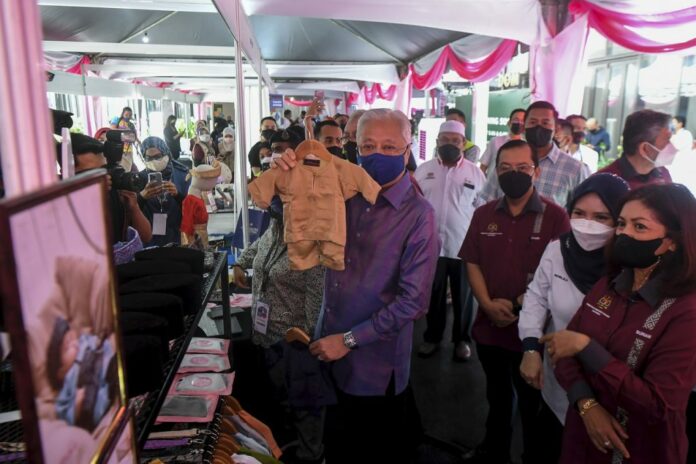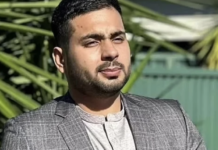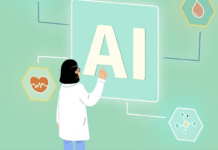KUALA LUMPUR, April 23 — The newly launched Social Entrepreneurship Action Framework 2030 or SEMy2030 provides a new national direction for the development of social entrepreneurship in Malaysia, said Prime Minister Datuk Seri Ismail Sabri Yaakob.
He said it gives focus on the development of an effective regulatory and governance framework to ensure social enterprises operate with responsibility and accountability, apart from building confidence of the people and the private sector.
The prime minister said SEMy2030 outlines five objectives in line with the aspirations, strategies and initiatives set out under the Shared Prosperity Vision 2030, National Entrepreneurship Policy 2030 and 12th Malaysia Plan.
“To ensure the realisation of its objectives and policy targets, SEMy2030 has developed five strategic thrusts, 20 strategies and 45 initiatives. SEMy2030 has also set new descriptions for more inclusive enterprises in line with the characteristics of social enterprises at the global level,” he added.
He said this when launching SEMy2030 here today. Also present was Entrepreneur Development and Cooperatives Minister Tan Sri Noh Omar.
The framework, developed by the Entrepreneur Development and Cooperatives Ministry (KUSKOP), provides the basis for developing a comprehensive and conducive ecosystem to support the growth of social entrepreneurship in the country.
“This plan also outlines initiatives for enhancing awareness, reach and inculcation of a social entrepreneurship concept that is competitive and impactful to improve the livelihood of society.
“To ensure social enterprises could expand and be competitive, SEMy2030 also outlines targeted strategies for enhancing the capability and competency of social enterprises,” he said.
He said this includes providing more structured training on the adaptation of technology and digitalisation, widening access to financing and financial support, and providing facilitation for access to the domestic and international markets.
Ismail Sabri said the government through KUSKOP would also review and upgrade the framework for registration and accreditation of existing social enterprises to enable them to get wider access to aid and opportunities to grow.
Tracing the history of social entrepreneurship in Malaysia, Ismail Sabri said it began in 1922 with the gazetting of the Cooperative Societies Enactment 1922, which was replaced by the Cooperatives Act 1948.
“Unlike the cooperatives and micro, small and medium enterprises (MSME) sectors, the growth of social entrepreneurship in Malaysia is still at the early stage. Many important elements including regulatory framework, financial infrastructure and financial security network have not been set up yet,” he said.
He said despite grappling with various issues and challenges, local social entrepreneurship has big potential for development and in fact, with the government’s help, several social enterprises in the country have already achieved success.
Citing an example, he said the Helping Hands Penan Shop had succeeded in empowering Penan women by giving them an opportunity to generate income through the production of various handicraft products.
Another success story is the MyMedikal Healthcare which offers services to the less fortunate group which did not have access to health services, including in Sabah.
“The government is aware of the potential and important role of social entrepreneurship in driving the country’s socioeconomic growth. In this connection, a long-term national policy and objective should be formulated.
“Social enterprises should continue to be empowered and their role strengthened to deal with unexpected challenges and changes, apart from raising their performance to the next level in line with the needs and demands of society and the environment,” he said.
Ismail Sabri urged all parties with an interest in social entrepreneurship development, especially public and private agencies, social impact investors and corporate bodies, to continue giving their solid support, cooperation and commitment.
He also hoped that more of the younger generation especially youths and graduates as the backup group would pool their ideas and resources to empower social entrepreneurship in Malaysia.
“My hope is that by 2030, social enterprises will be recognised as an important contributor in developing a prosperous, inclusive and sustainable Malaysia,” he added.



















